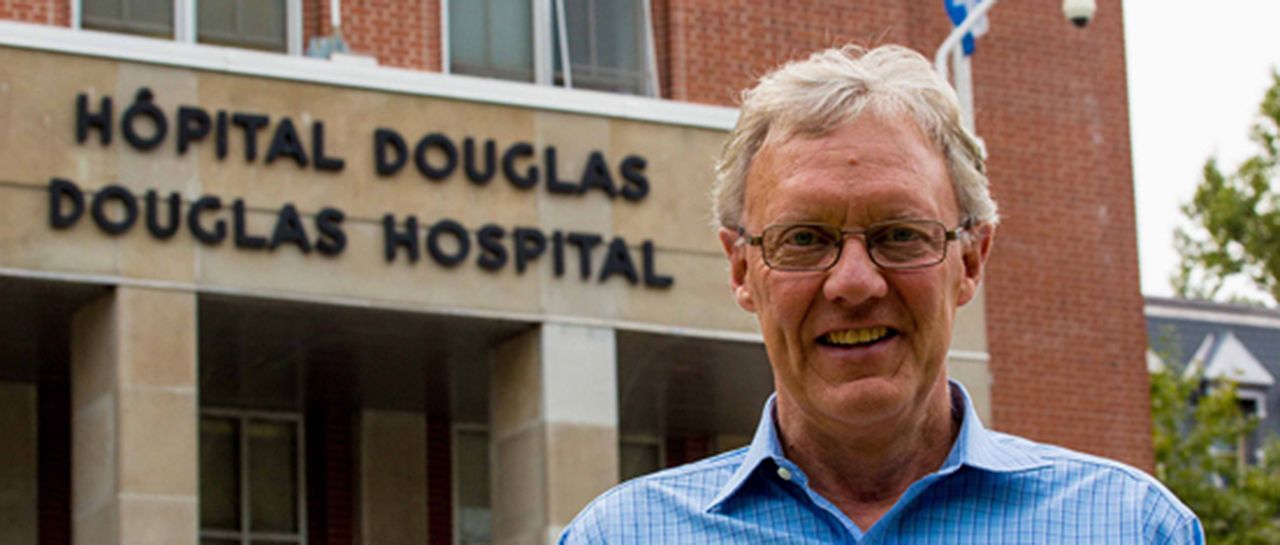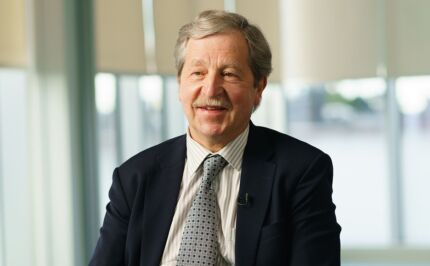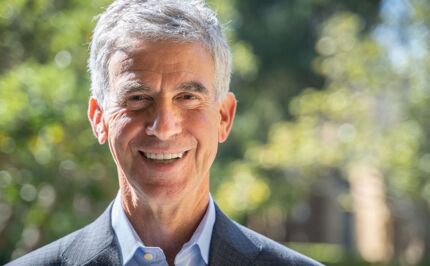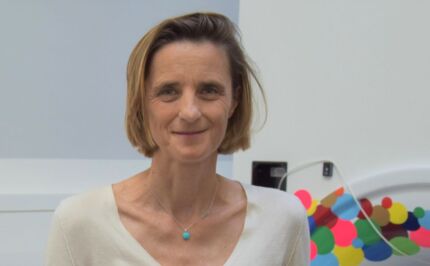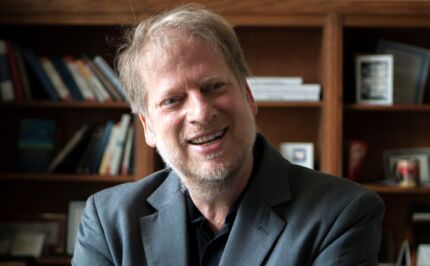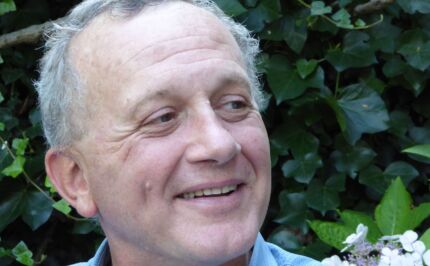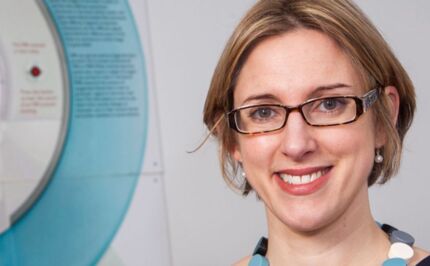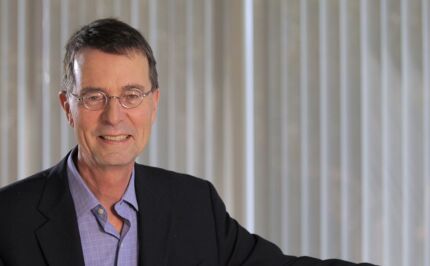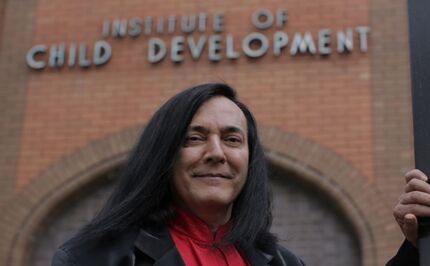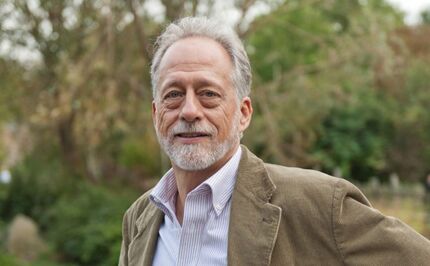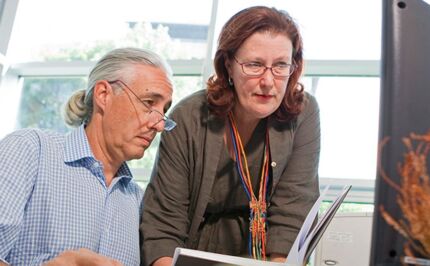Meaney studies how experiences shape biology at the molecular level. His research focuses on the following questions: How do genes and environment interact to produce individual differences in brain function? Why are some better able than others to deal with illness, psychological problems or adverse life circumstances? Is it possible to determine an individual’s susceptibility to certain environmental influences by looking at that person’s biology, and can interventions reduce or even eliminate that susceptibility?

